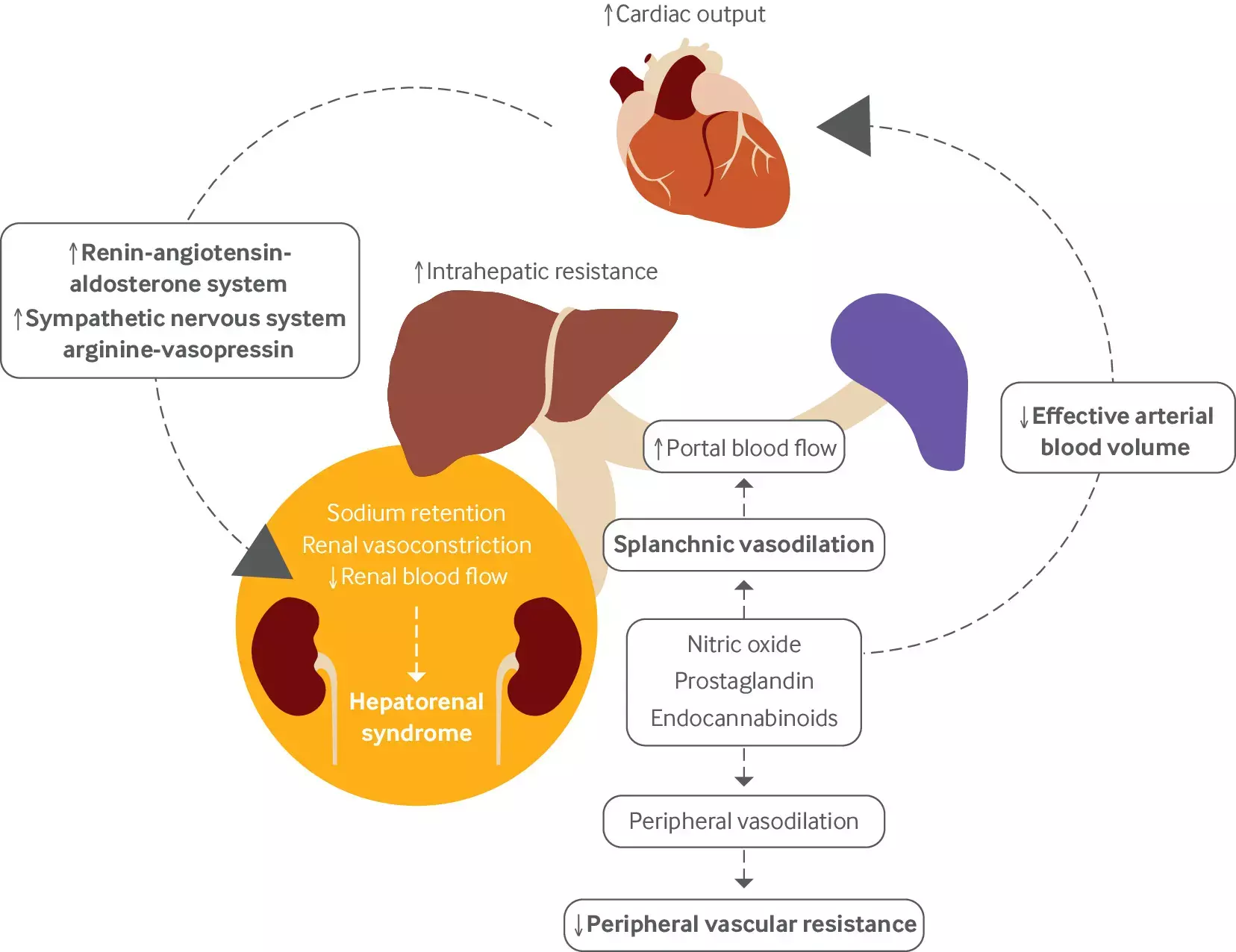- Home
- Medical news & Guidelines
- Anesthesiology
- Cardiology and CTVS
- Critical Care
- Dentistry
- Dermatology
- Diabetes and Endocrinology
- ENT
- Gastroenterology
- Medicine
- Nephrology
- Neurology
- Obstretics-Gynaecology
- Oncology
- Ophthalmology
- Orthopaedics
- Pediatrics-Neonatology
- Psychiatry
- Pulmonology
- Radiology
- Surgery
- Urology
- Laboratory Medicine
- Diet
- Nursing
- Paramedical
- Physiotherapy
- Health news
- Fact Check
- Bone Health Fact Check
- Brain Health Fact Check
- Cancer Related Fact Check
- Child Care Fact Check
- Dental and oral health fact check
- Diabetes and metabolic health fact check
- Diet and Nutrition Fact Check
- Eye and ENT Care Fact Check
- Fitness fact check
- Gut health fact check
- Heart health fact check
- Kidney health fact check
- Medical education fact check
- Men's health fact check
- Respiratory fact check
- Skin and hair care fact check
- Vaccine and Immunization fact check
- Women's health fact check
- AYUSH
- State News
- Andaman and Nicobar Islands
- Andhra Pradesh
- Arunachal Pradesh
- Assam
- Bihar
- Chandigarh
- Chattisgarh
- Dadra and Nagar Haveli
- Daman and Diu
- Delhi
- Goa
- Gujarat
- Haryana
- Himachal Pradesh
- Jammu & Kashmir
- Jharkhand
- Karnataka
- Kerala
- Ladakh
- Lakshadweep
- Madhya Pradesh
- Maharashtra
- Manipur
- Meghalaya
- Mizoram
- Nagaland
- Odisha
- Puducherry
- Punjab
- Rajasthan
- Sikkim
- Tamil Nadu
- Telangana
- Tripura
- Uttar Pradesh
- Uttrakhand
- West Bengal
- Medical Education
- Industry
Add on Noradrenaline to terlipressin infusion results in non-significantly higher rate of HRS resolution

The combination of noradrenaline and terlipressin infusion results in a non-significantly higher rate of HRS resolution with significantly fewer adverse effects in hepatorenal syndrome (HRS) patients who do not respond to terlipressin within 48 hours suggests a new study published in the Indian Journal of Gastroenterology.
Terlipressin and noradrenaline are effective in the management of hepatorenal syndrome (HRS). There are no reports on the combination of these vasoconstrictors in type-1 HRS.
A study was done to evaluate terlipressin with or without noradrenaline in type-1 HRS not responding to terlipressin at 48 hours.
Sixty patients were randomized to receive either terlipressin (group A; n = 30) or a combination of terlipressin and noradrenaline infusion (group B; n = 30). In group A, terlipressin infusion was started at 2 mg/day and increased by 1 mg/day (maximum 12 mg/day). In group B, terlipressin was given at a constant dose of 2 mg/day. Noradrenaline infusion was started at 0.5 mg/h at baseline and increased to 3 mg/h in a stepwise manner. The primary outcome was treatment response at 15 days. Secondary outcomes were 30-day survival, cost–benefit analysis and adverse events.
Results
There was no significant difference in the response rate between the groups (50% vs. 76.7%, p = 0.06) and 30-day survival was similar (36.7% vs. 53.3%, p = 0.13). Treatment was more expensive in group A (USD 750 vs. 350, p < 0.001). Adverse events were more frequent in group A (36.7% vs. 13.3%, p < 0.05).
The combination of noradrenaline and terlipressin infusion results in a non-significantly higher rate of HRS resolution with significantly fewer adverse effects in HRS patients who do not respond to terlipressin within 48 hours.
Reference:
Singh, V., Jayachandran, A., De, A. et al. Combination of terlipressin and noradrenaline versus terlipressin in hepatorenal syndrome with early non-response to terlipressin infusion: A randomized trial. Indian J Gastroenterol (2023). https://doi.org/10.1007/s12664-023-01356-6
Dr. Shravani Dali has completed her BDS from Pravara institute of medical sciences, loni. Following which she extensively worked in the healthcare sector for 2+ years. She has been actively involved in writing blogs in field of health and wellness. Currently she is pursuing her Masters of public health-health administration from Tata institute of social sciences. She can be contacted at editorial@medicaldialogues.in.
Dr Kamal Kant Kohli-MBBS, DTCD- a chest specialist with more than 30 years of practice and a flair for writing clinical articles, Dr Kamal Kant Kohli joined Medical Dialogues as a Chief Editor of Medical News. Besides writing articles, as an editor, he proofreads and verifies all the medical content published on Medical Dialogues including those coming from journals, studies,medical conferences,guidelines etc. Email: drkohli@medicaldialogues.in. Contact no. 011-43720751


